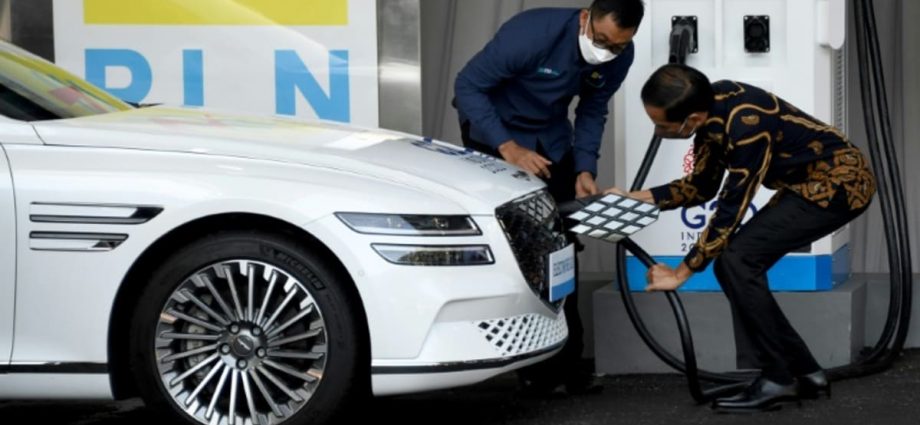
“Adoption is very slow. It’s because of the inconvenience of having to charge at home,” said Oyika chief technology officer Roderick Chia. “If you use the bike for business, for instance, you are a delivery rider, you need to do a lot of trips. You cannot afford to charge the batteries during the normal office hours, when you’re supposed to be working.
“You need this thing to keep on moving. So you need to have the same experience as a normal bike out there where you just go to a petrol station, you pump in the petrol, and you just move.”
The Indonesian government also plans to lower the adoption barrier by making it cheaper to own an EV.
It is offering purchase incentives, such as tax cuts for electric cars and subsidies for electric bikes.
Observers believe these incentives will boost the demand for EVs.
“The mindset is still not there, because the mindset of having a two-wheeler or four-wheeler is more towards a lifestyle kind of angle, not the usage kind of angle yet as a normal daily life usage,” said Singapore Business Federation’s Indonesia country head Hisyaamuddin Abu Bakar.
“So, I think in terms of consumer angle, this will be a year to kick off and see a lot of sales going to increase in terms of volume.”
ATTRACTING BIG AUTOMAKERS
Indonesia, which has the world’s largest reserves of nickel, is making itself indispensable for the EV industry, which uses the metal extensively.
The country is determined to attract investments from big automakers.
Negotiations with Tesla, for instance, have entered its final stage and industry players believe this will boost Indonesia’s EV ambitions if the deal goes through.
“If you look at why China is one of the biggest EV users in the world, it is because at the beginning, they invited Tesla to compete with their own local manufacturers,” said Mr Chia.
“By doing that, their own local manufacturers upgraded themselves to benchmark to the world standards.”

